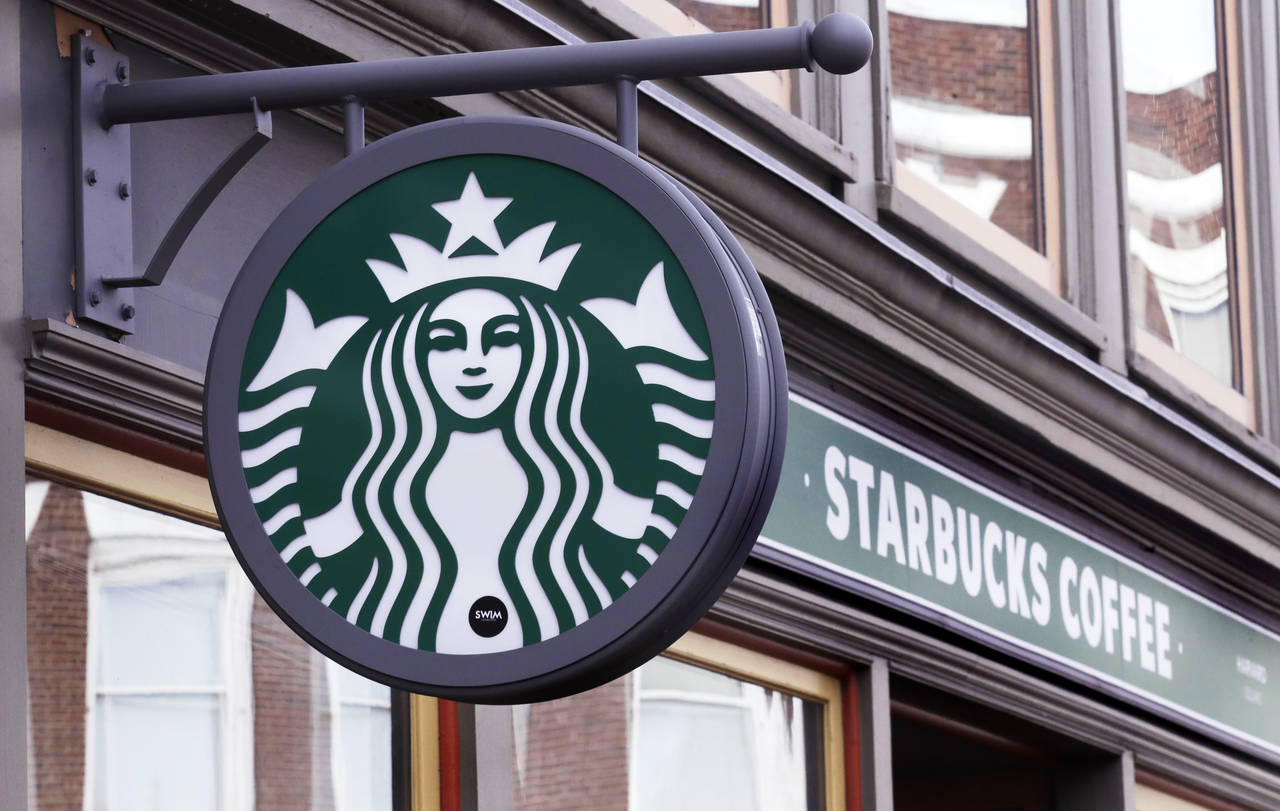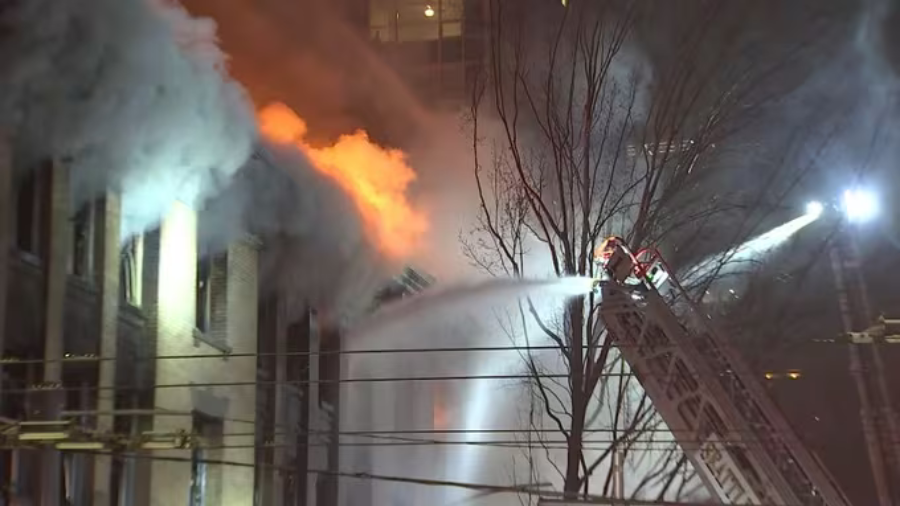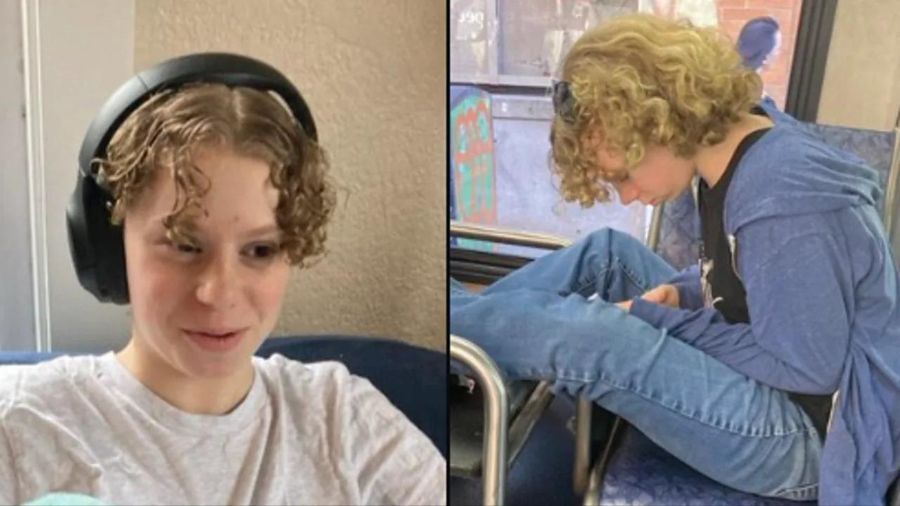Court rules again: Homeless can still legally sleep in public
Apr 3, 2019, 1:46 PM

A homeless man sleeps on the sidewalk in Seattle. (AP Photo/Elaine Thompson)
(AP Photo/Elaine Thompson)
If September’s Ninth Circuit Court ruling determined that people experiencing homelessness can indeed sleep on the sidewalk, and in other public spaces, then this week’s decision cements it.
“Criminally punishing homeless people for sleeping on the street when they have nowhere else to go is inhumane, and we applaud the Court for ruling that it is also unconstitutional,” said Maria Foscarinis, executive director at the National Law Center on Homelessness & Poverty.
The decision stems from a case out of Boise where homeless advocates sued over the city’s laws which did not allow people to sleep on the sidewalk. NLCHP pursued the case, which even drew the attention of the Department of Justice.
RELATED: Regional leaders respond to homeless TV special
RELATED: Homeless camp advocates split up over management
The court ruled that Boise’s laws were unconstitutional in September — it is illegal to arrest or prosecute people for sleeping in public spaces if they have no where else to go. But Boise requested a rehearing. It was denied on April 1.
The case is also part of a national movement led by the National Law Center on Homelessness & Poverty — ending the criminalization of homelessness. The decision emerges amid a homelessness crisis plaguing the West Coast, and could affect other cities with policies on sleeping in public spaces — such as Seattle.
Though despite the win, the NLCHP does not expect the ruling to heavily influence other West Coast cities. A statement on the decision points out:
Judge Berzon, in her opinion, notes that the decision, while important, is unlikely to impose dire consequences on cities. “The distressing homelessness problem…has grown into a crisis for many reasons, among them the cost of housing, the drying up of affordable care for people with mental illness, and the failure to provide adequate treatment for drug addiction. The crisis continued to burgeon while ordinances forbidding sleeping in public were on the books and sometimes enforced.”
This week’s decision is 10 years in the making. The first lawsuit over Boise’s public sleeping laws was filed in 2009, arguing there wasn’t enough shelter space. Boise changed its laws in 2014, allowing people to sleep in public when shelters were full. But that solution was not satisfactory due to the limitations at many shelters. A lower court initially upheld Boise’s laws, but it was challenged in the Ninth Circuit Court where it was overturned.
“We are pleased that the Ninth Circuit held that the Constitution ‘prohibits the imposition of criminal penalties for sitting, sleeping, or lying outside on public property for homeless individuals who cannot obtain shelter,’” said Michael Bern, lead pro bono counsel from Latham & Watkins, who argued the case before the Ninth Circuit.
“As the Department of Justice recognized earlier in this case, ‘[c]riminalizing public sleeping in cities with insufficient housing and support for homeless individuals does not improve public safety outcomes or reduce the factors that contribute to homelessness,’” he said. “With today’s decision, we hope that cities can redirect their efforts to identifying meaningful and constitutional solutions to the problem of homelessness.”













